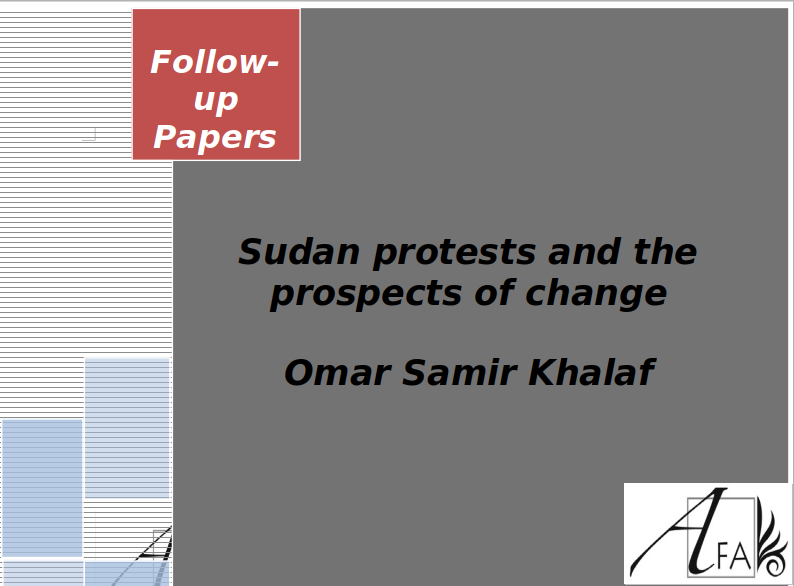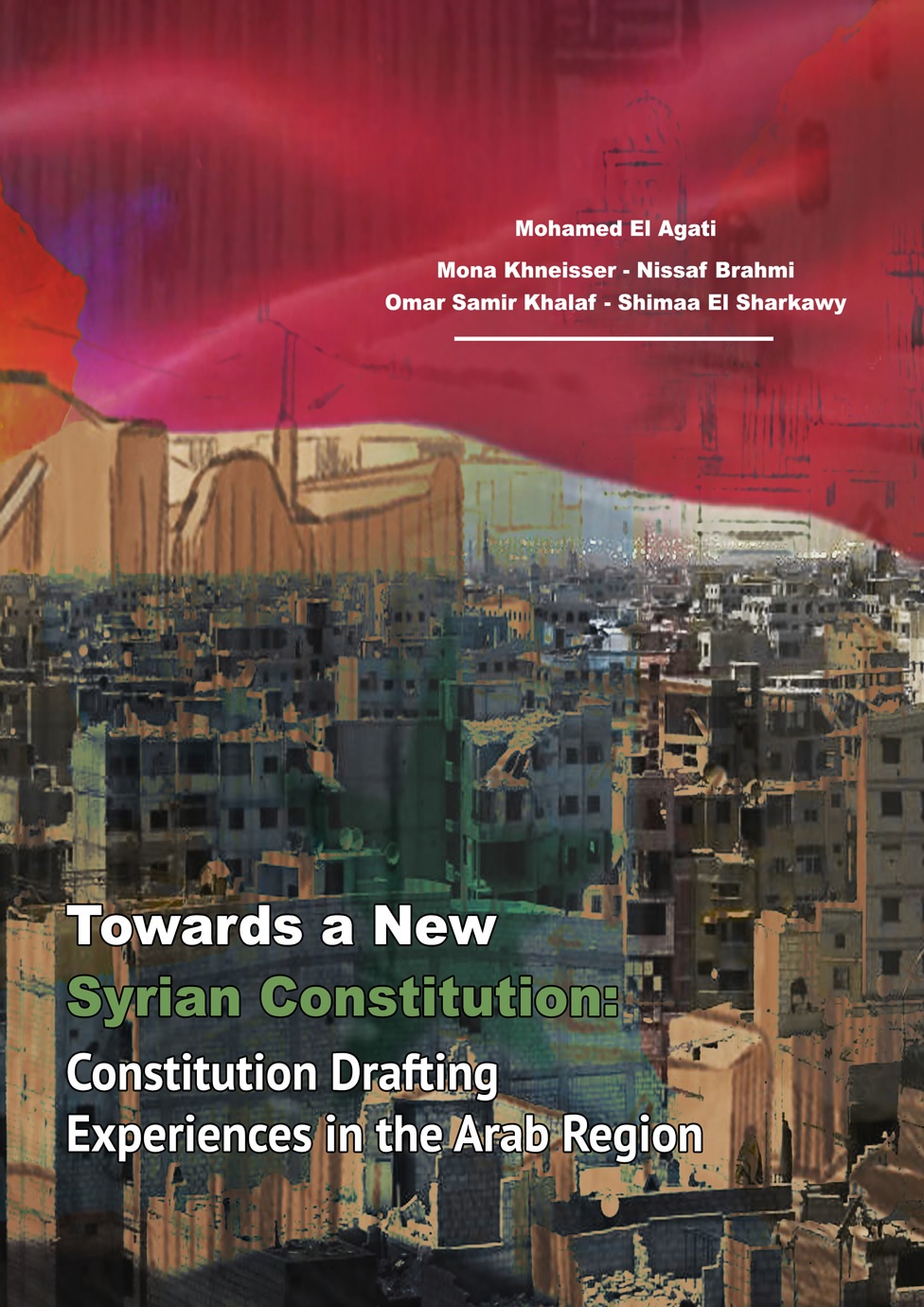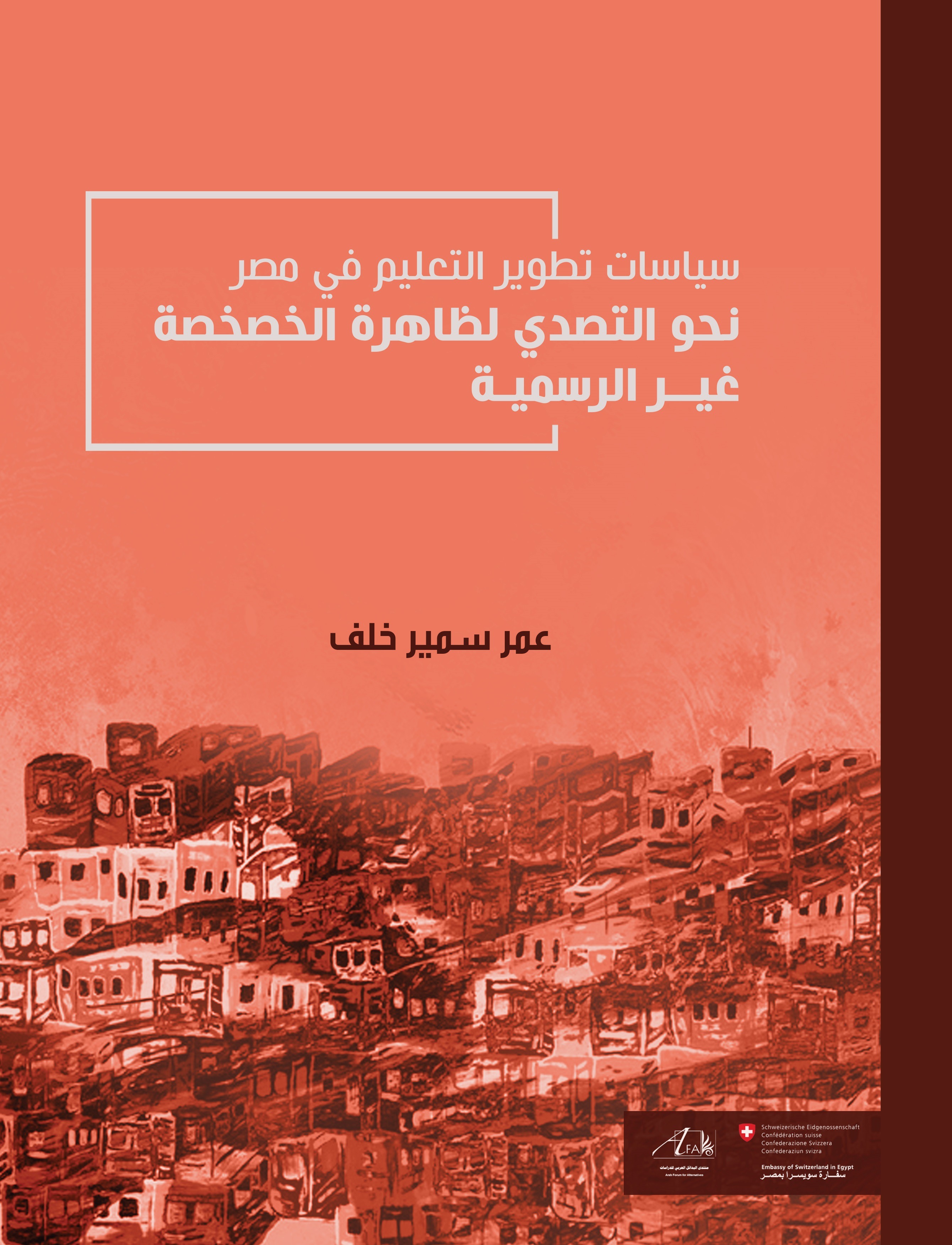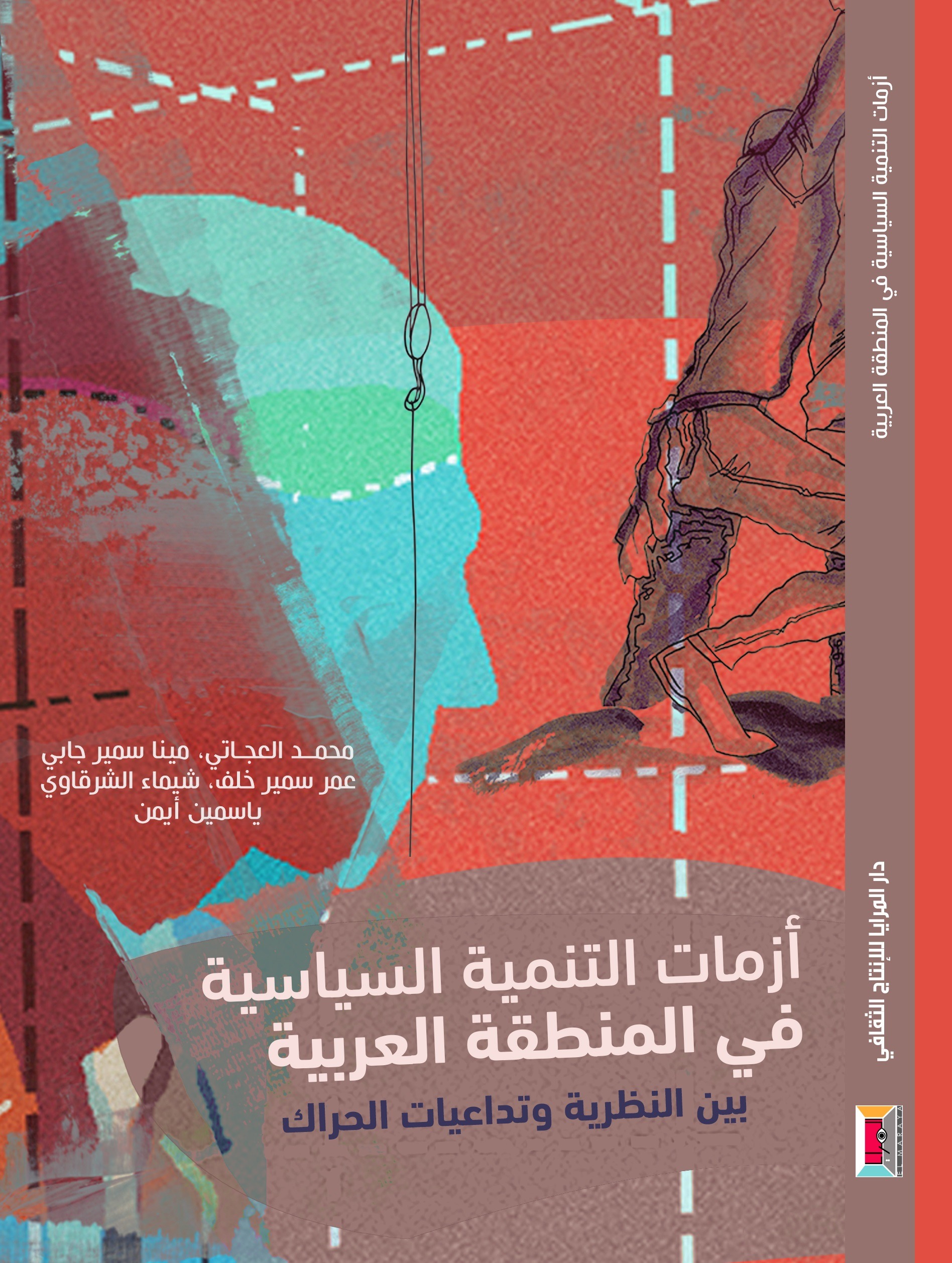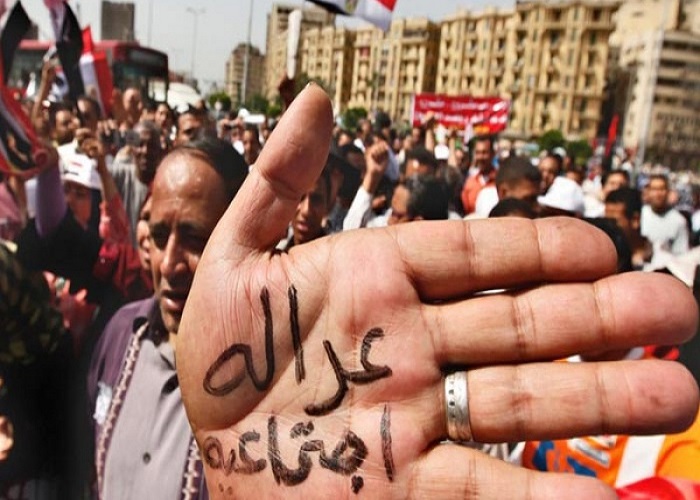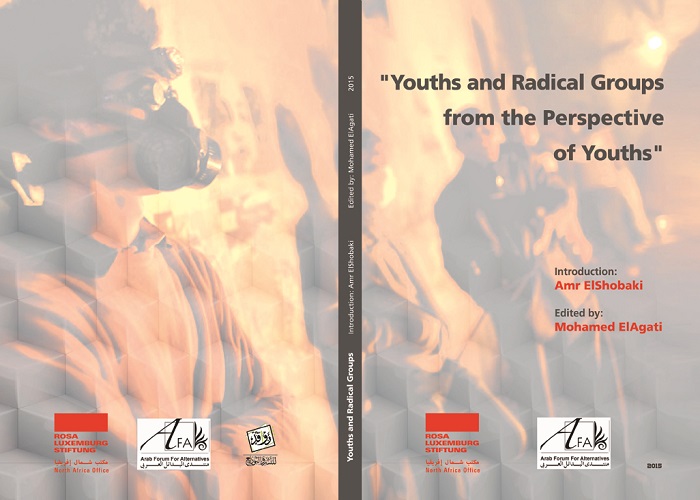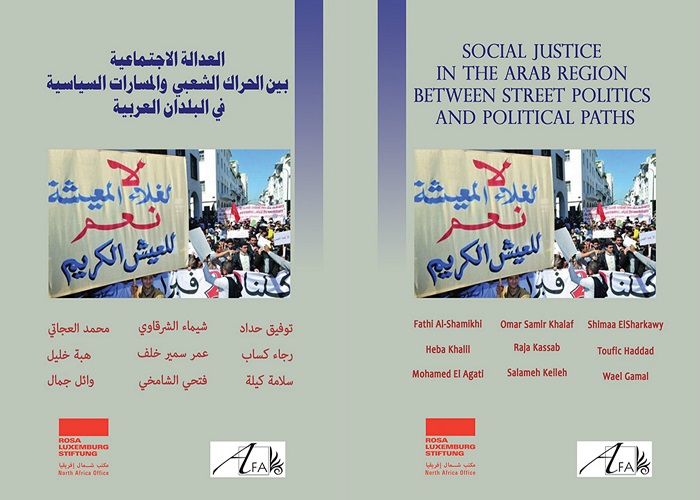Sudan protests and the prospects of change
Omar Samir Khalaf ,Shimaa El Sharkawy ,Shimaa ElSharkawyIntroduction: Throughout its history, Sudan witnessed two successful revolutions, one in 1964 and another in 1986, and went through a number of incomplete democratic transitions. Under Bashir’s 30-year rule, several uprisings erupted against his economic policies or his wars on several regions including Darfur or South Sudan. With the eruption of Arab Spring revolutions, limited student protests were staged on January 30, 2011 against corruption, price hikes, and the uncertainty of the country’s future in the wake of South Sudan’s secession. The protests mainly took place at the universities of Khartoum and Omdurman.…

